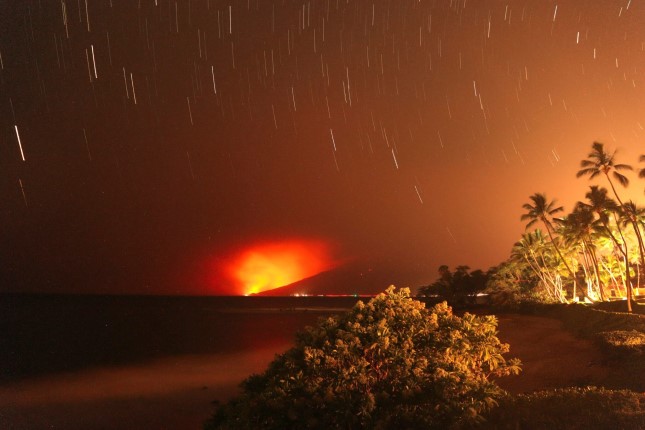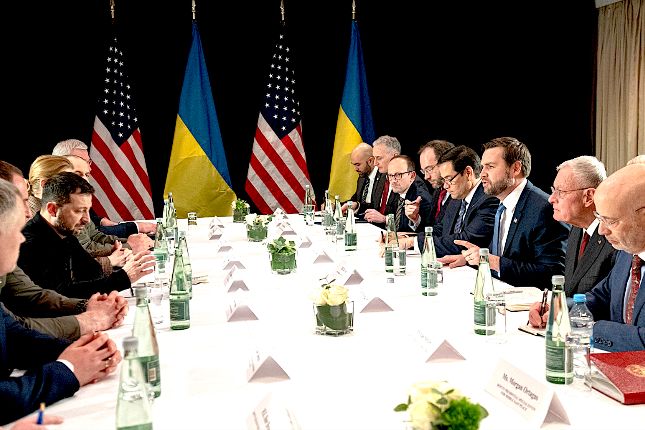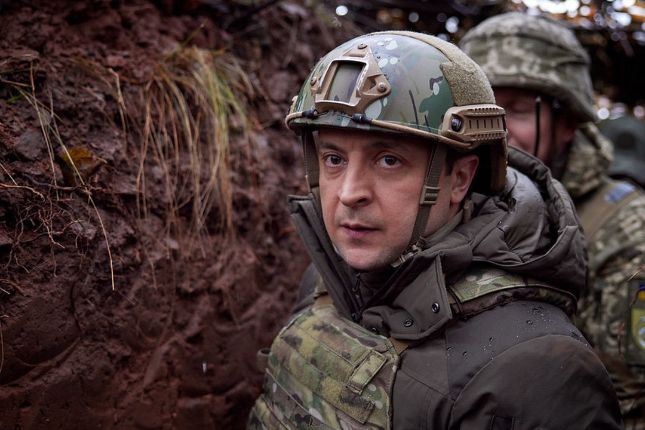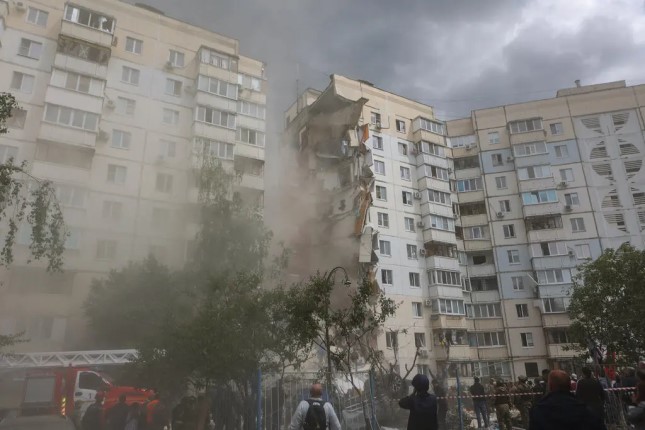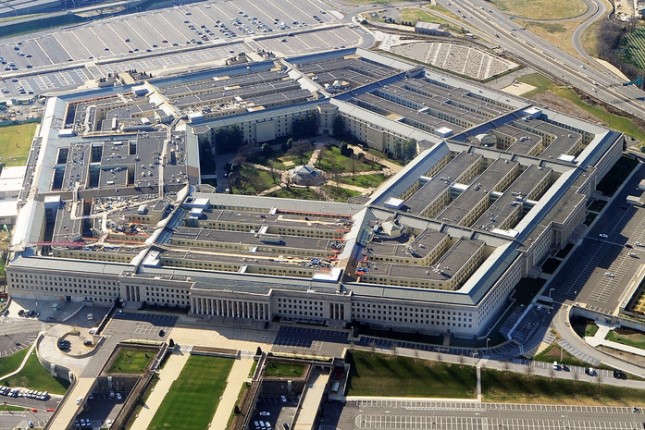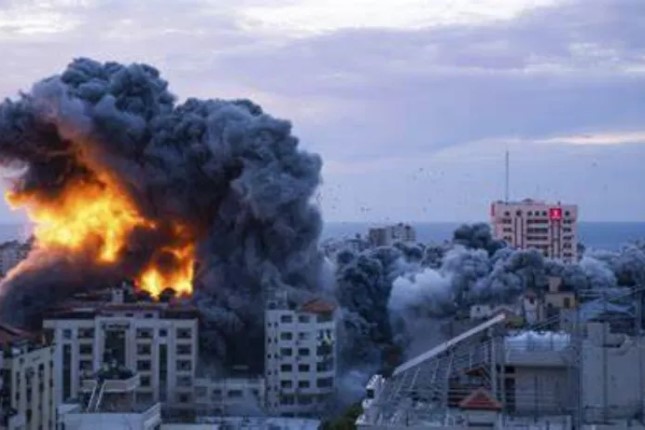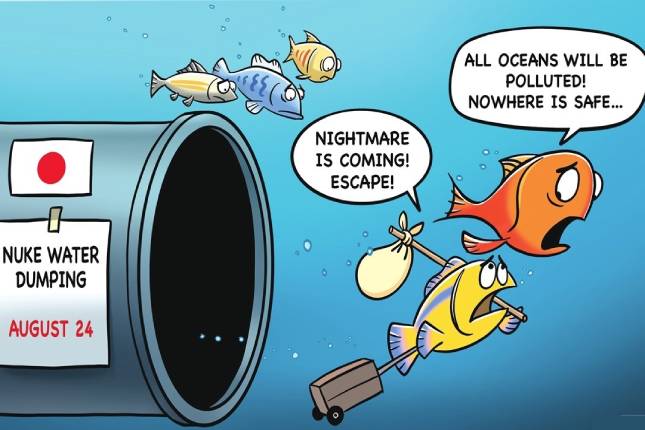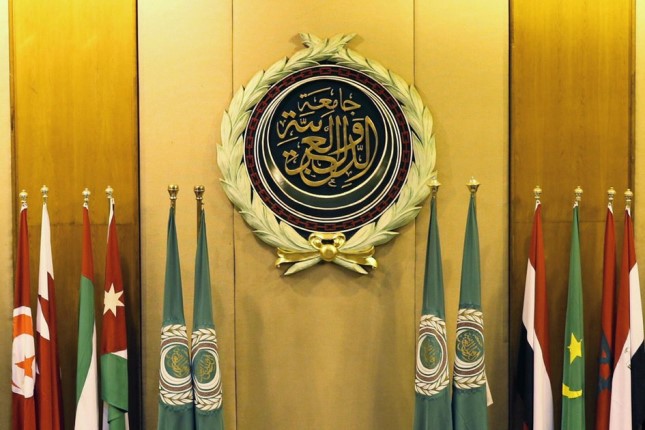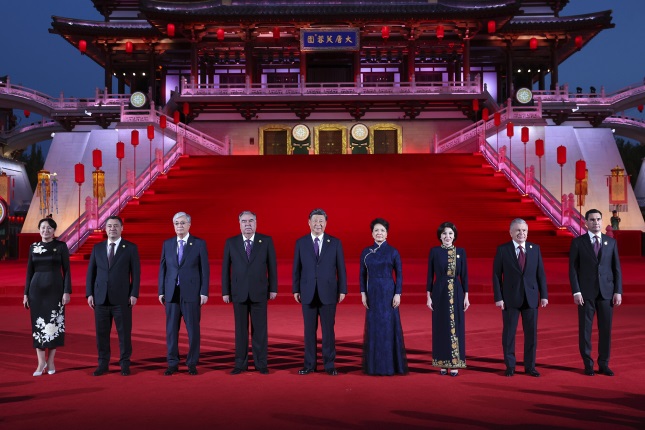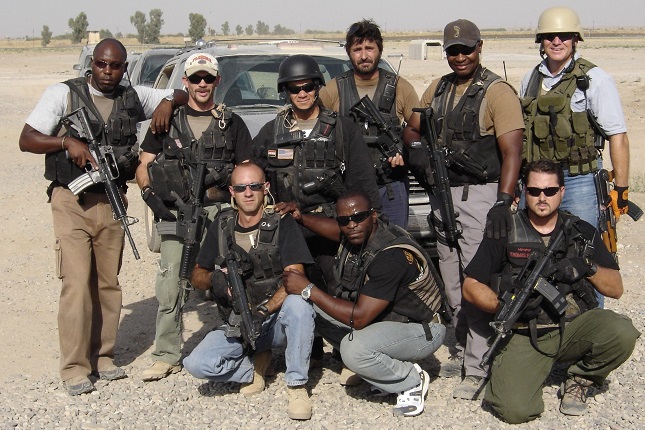Formerly the capital of the Hawaiian Kingdom, Lahaina on the island of Maui was ravaged by a wildfire that has killed 99 people as of Tuesday, as locals fear wealthy outsiders will dominate and further serve themselves with a multibillion-dollar rebuild after the devastation in the 50th U.S. state.
“Lahaina residents worry that rebuilt homes in their Maui town could slip into the hands of affluent outsiders seeking a tropical haven rather than homegrown residents who give the Hawaiian island its spirit and identity,” The Associated Press wrote on social media Sunday, sharing new reporting from Hawaii.
Naomi Klein — author of several books including The Shock Doctrine: The Rise of Disaster Capitalism — responded with one word: “Again.”
After American expatriates and sugar planters backed by U.S. troops led the 1893 overthrow of the Hawaiian Kingdom’s Queen Lili’uokalani, the United States formally annexed the islands in 1898. Hawaii became a state in 1959.
Chronic Housing Shortage
Even before last Tuesday’s fire — which was enabled by climate-wrecking fossil fuel companies and land management decisions that have diverted water away from the area — “a chronic housing shortage and an influx of second-home buyers and wealthy transplants have been displacing residents,” the AP noted.
Richy Palalay, who had “Lahaina Grown” tattooed on his forearms when he was 16, told the outlet at a shelter on Saturday that “I’m more concerned of big land developers coming in and seeing this charred land as an opportunity to rebuild.”
Condos and hotels “that we can’t afford, that we can’t afford to live in — that’s what we’re afraid of,” said Palalay, who didn’t yet know whether the house where he rents a room for $1,000 survived the fire, which destroyed the restaurant where he works.
The Pacific Disaster Center and the Federal Emergency Management Agency (FEMA) estimate that 86 percent of the 2,719 structures in Maui County exposed to fire — the deadliest in the U.S. in over a century — were residential, and that 4,500 people may be in need of shelter and rebuilding, which could cost $5.52 billion. [The Hawaii governor warned that 10 to 20 additional bodies a day would be found for more than a week.]
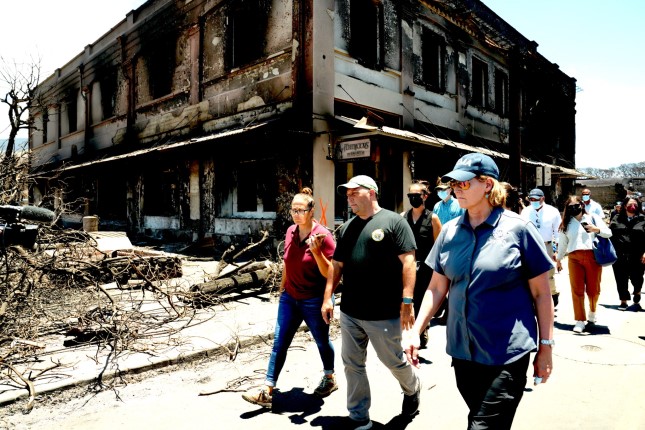
FEMA, US Fire Administration and partners tour Hawaii fire damage on Aug. 12. Photo: Dominick Del Vecchio / Wikimedia Commons / Public domain.
The AP‘s reporting on Sunday sparked warnings from Kanaka Maoli — a term Native Hawaiians use to refer to themselves — as well as campaigners and experts beyond the islands.
“Reports suggest 93 people are dead, 1,000 people missing still, and 2,700 structures destroyed,” said Uahikea Maile, a Kanaka Maoli activist and scholar and assistant professor of Indigenous politics at the University of Toronto, St. George. “The colonial speculation of disaster capitalism is happening right now in Lahaina.”
Former U.S. National Women’s Soccer League player Mana Shim, who is also Kanaka Maoli, wrote on social media: “This is a major concern that needs our immediate attention. It’s awful to have to discuss this before we know how many have lost their lives, but anyone who knows disaster capitalism knows the urgency of protecting our ‘aina from developers and greedy malihini.”
Malihini means a foreigner, newcomer, or stranger, while ‘aina is a Hawaiian term for land or Earth.
Klein, who coined the term disaster capitalism, said, “The way I define disaster capitalism is really straightforward: It describes the way private industries spring up to directly profit from large-scale crises.”
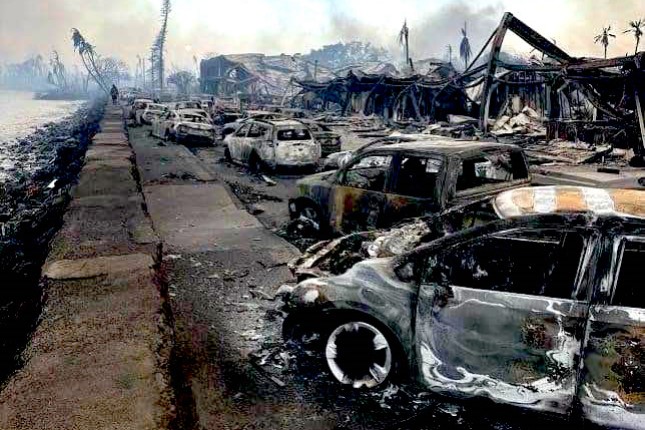
Burned out cars and the remains of buildings in Lahaina town on Aug. 9. Photo: US Civil Air Patrol / Wikimedia Commons / Public domain.
Some users of X, the platform formerly known as Twitter, pointed to past examples of such exploitation:
Institute for Policy Studies fellow Sanho Tree said Sunday that “disaster capitalism will happen yet again unless they act proactively.”
In an interview earlier this week with Heatmap, Kaniela Ing, a seventh-generation Native Hawaiian from Maui and national director of the Green New Deal Network, took aim at the fossil fuel companies that have heated the planet as well as mismanagement of land and water tied to “corporations that stem from the original Big Five oligarchy in Hawaii — which is the first five missionary families who control our government — rich, white, right-wing families.”
“We want to make sure that as we recover, once the direct relief efforts are done, the cameras have left — we understand that recovery will take years. And as that recovery unfolds, we want to make sure that the people, the communities, are actually empowered to rebuild themselves, that we don’t open the door for disaster capitalists,” Ing said.
“Unfortunately, the institutions best poised to distribute direct aid are also the most likely to enable disaster capitalists to exploit this tragedy,” he continued. “They’re actively raising millions and once the spotlight moves from our island, what’s to come of those monies, and who’s really going to benefit? Those are questions that I think we need to be really proactive about answering on our own as community organizers.”
“And maybe in this opportunity — like, we all understand that we’re going to have to be lobbying for additional FEMA funds, federal funds, state and local funds,” he added. “We want to make sure that the people, the forces that contributed to this problem in the first place, are pushed out of power for a more community, ground-up sort of infrastructure. So there’s a lot of mutual aid and power building that needs to happen immediately.”
Main photo: View of Lahaina from South Maui on the night of Aug. 8 © Wtp22 / Wikimedia Commons / CC BY-SA 4.0.
Source: Consortium News.
